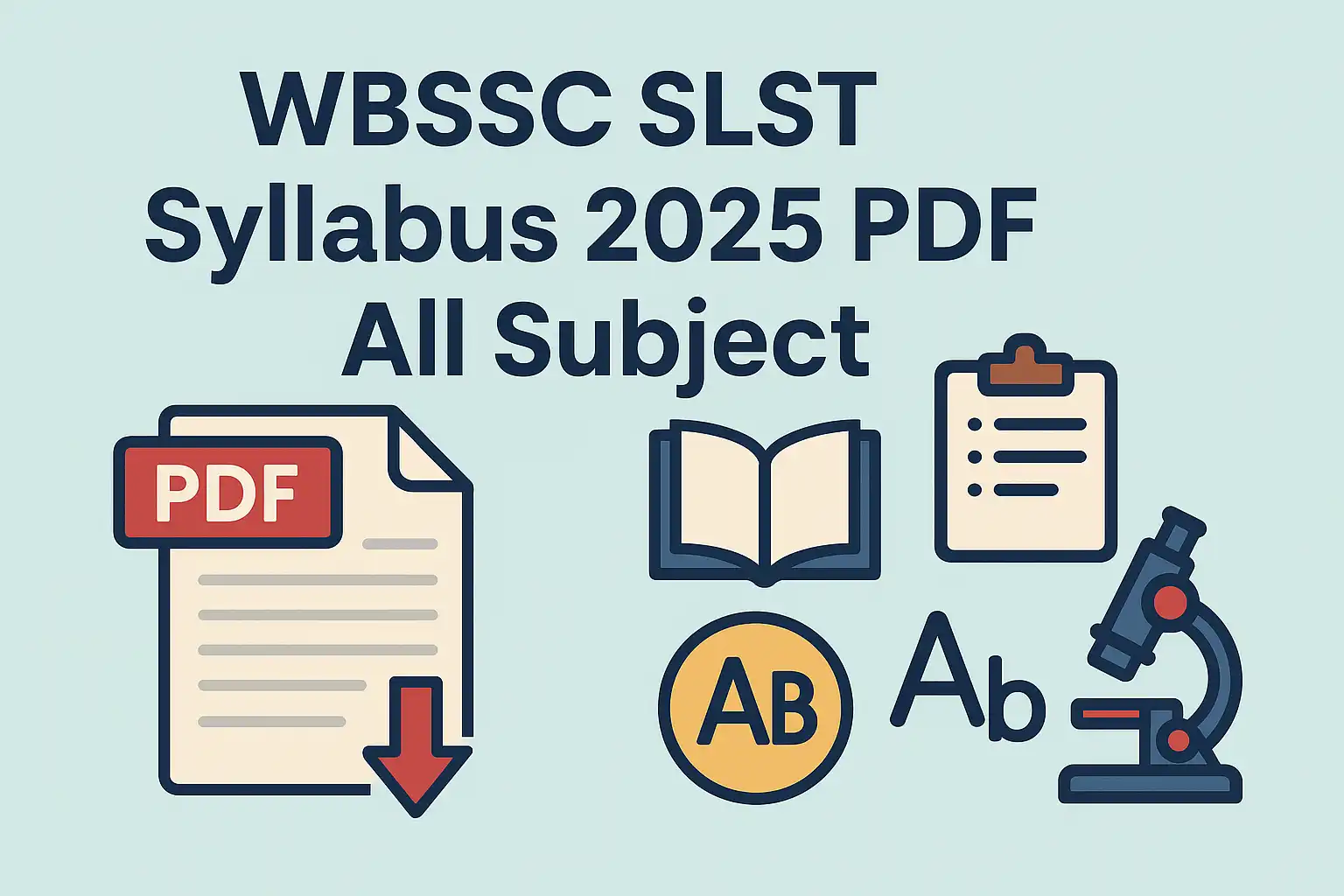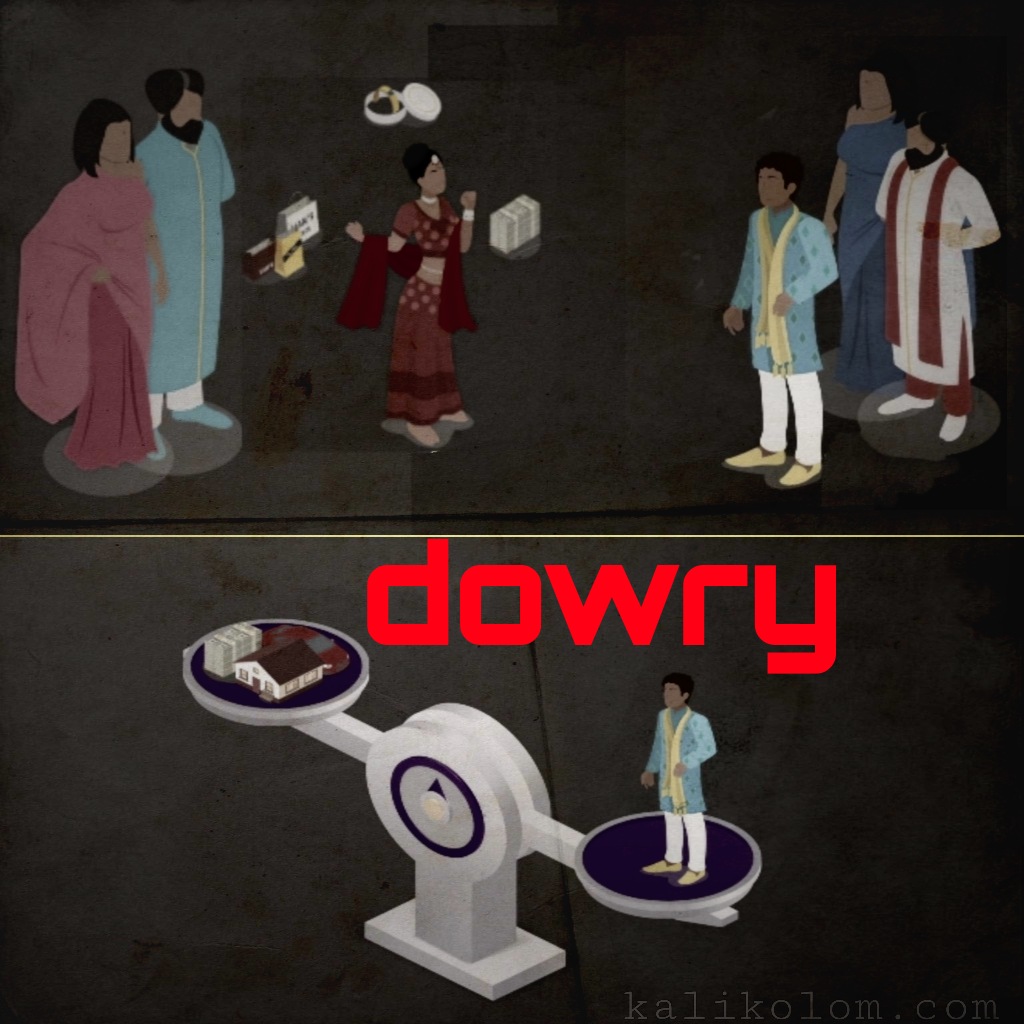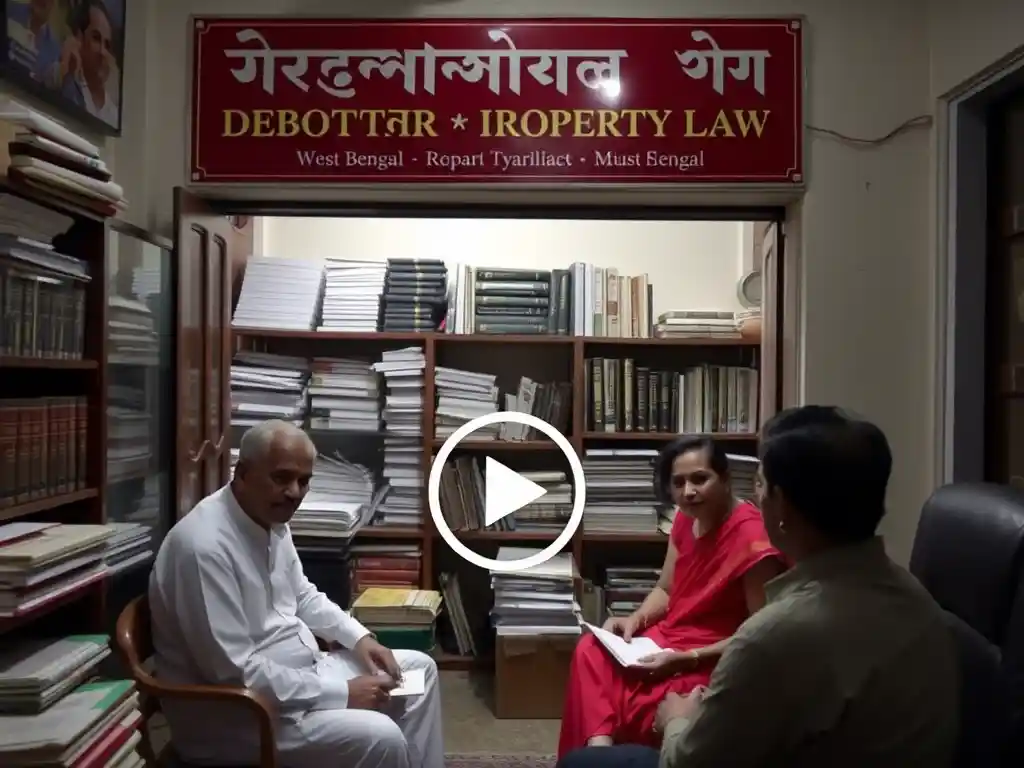
Debottar Property
দেবোত্তর সম্পত্তি (Debottar Property) refers to immovable assets dedicated to deities, temples, or religious institutions for spiritual and charitable purposes. In West Bengal, these properties hold immense cultural and religious significance, often generating income to sustain rituals, festivals, and community welfare. However, mismanagement and misappropriation historically plagued such assets, necessitating robust legal frameworks like the West Bengal Debottar Property Act. This article explores the law’s nuances, historical evolution, and contemporary relevance.
Historical Background of Debottar in Bengal
The concept of Debottar dates back to ancient India, where kings and patrons donated land to temples. During British rule, the Bengal Tenancy Act (1885) vaguely addressed religious endowments, but post-independence, West Bengal witnessed disputes over temple properties, prompting the enactment of the West Bengal Debottar Property Act, 1979. This law aimed to systematize management, prevent exploitation, and ensure transparency.
Key Provisions of the West Bengal Debottar Property Act
- Registration and Supervision:
All Debottar properties must be registered with the Commissioner of Debottar Affairs. The state government supervises their administration through audits and inspections. - Management Committees:
The Act mandates forming committees (Debottar Trustees) to oversee properties. Trustees are appointed based on guidelines to avoid conflicts of interest. - Restrictions on Alienation:
Properties cannot be sold or leased without government approval, safeguarding them from unauthorized transfers. - Utilization of Income:
Revenue generated must fund religious activities, temple maintenance, education, and healthcare initiatives. - Penalties for Violations:
Misuse or embezzlement invites fines, imprisonment, or removal of trustees.
Role of the Debottar Committee
The committee’s responsibilities include:
- Maintaining accounts and submitting annual reports.
- Ensuring adherence to religious customs.
- Seeking state approval for major financial decisions.
Legal Disputes and Landmark Judgments
Several cases highlight the Act’s enforcement:
- Kalighat Temple Case (1990s): The Calcutta High Court intervened to prevent illegal land leasing, reinforcing state oversight.
- 2018 Amendment: Clarified trustee eligibility, barring individuals with criminal records from managing committees.
Recent Amendments and Updates
The 2013 amendment introduced digital record-keeping and stricter audit protocols. In 2021, the government proposed AI-powered monitoring to track fund utilization, reflecting modernization efforts.
Importance in Contemporary West Bengal
- Cultural Preservation: Protects heritage sites like Dakshineswar Kali Temple.
- Social Welfare: Funds schools and hospitals in rural areas.
- Preventing Exploitation: Curbs corruption through legal accountability.
Challenges and Future Outlook
Despite safeguards, delayed audits and political interference remain concerns. Advocates demand decentralized oversight and community participation for equitable management.
Conclusion
The দেবোত্তর সম্পত্তি আইন পশ্চিমবঙ্গ exemplifies West Bengal’s commitment to preserving spiritual heritage while promoting socio-economic welfare. Continuous reforms and public awareness are vital to uphold the Act’s integrity.
Disclaimer:
The information provided in this article on “দেবোত্তর সম্পত্তি আইন পশ্চিমবঙ্গ” (Debottar Property Law in West Bengal) is for general informational purposes only and does not constitute legal advice. While every effort has been made to ensure accuracy, laws and regulations may change over time. For specific legal guidance or disputes related to Debottar properties, please consult a qualified legal professional or the relevant government authorities. The author and publisher are not liable for any actions taken based on the content of this article.
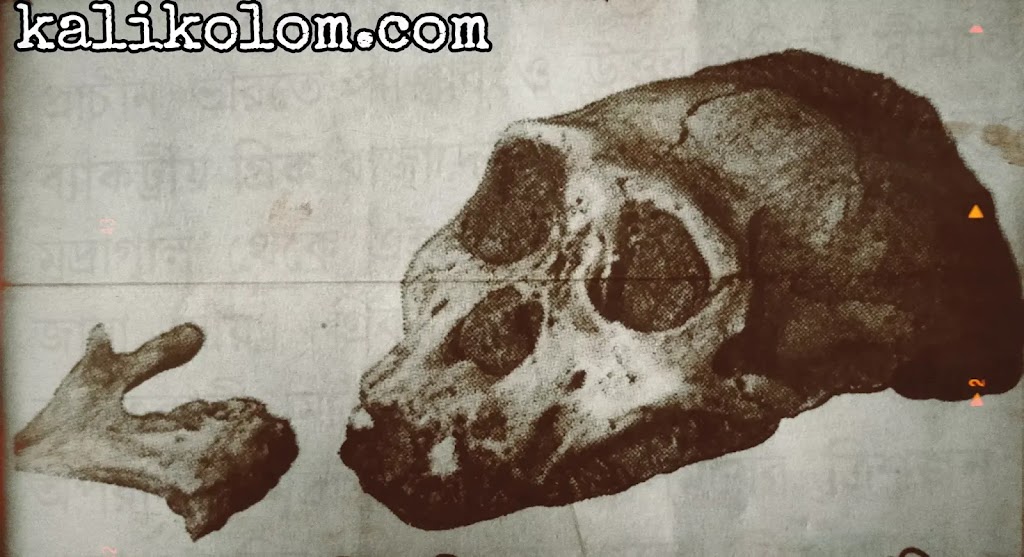
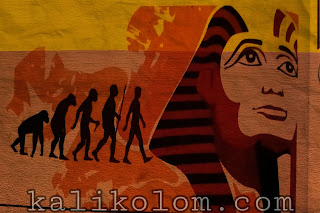

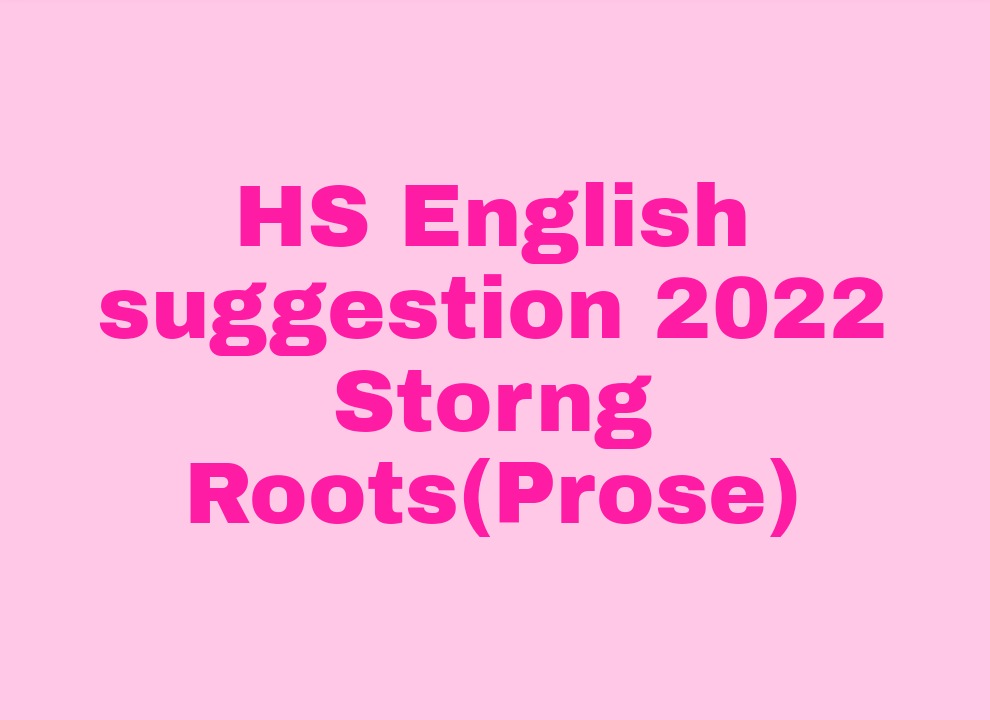
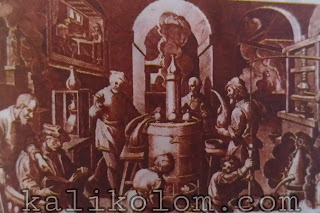


![[PDF] WB Police Constable Previous Year Question Papers | Preliminary & Main (2013-Present) WB Police Constable Previous Year Question Papers](https://kalikolom.com/wp-content/uploads/2025/05/wbp_banner.webp)


